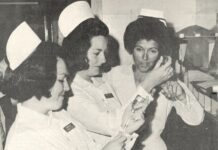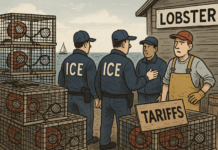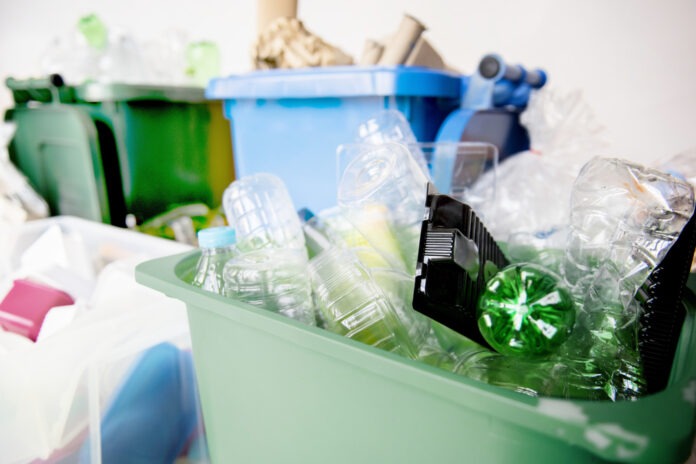Residential curbside waste collection is funded by the taxes residents pay. When we create less waste, the cost to process and dispose of that waste decreases — which can help lower taxes for everyone. By adopting thoughtful habits around purchasing, reusing, repairing and recycling, residents can make a real difference in reducing waste and saving money. Here are four practical ways to get started:
Refrain from wasteful packaging
- Choose products with minimal or reusable packaging. Avoid buying items with excessive plastic wrap or packaging that can’t be reused.
- Buy in bulk rather than individually wrapped portions to reduce packaging waste.
- When shopping online, especially with mail-order stores like Amazon, compile your order into a single shipment to cut down on multiple packages and shipping waste. Use consolidated shipping options at checkout when available.
- Opt for items in reusable containers, such as glass jars for condiments, which can be cleaned and repurposed for food storage, crafts or organizing small household items.
Repair broken items
- Instead of immediately discarding damaged goods, consider repairing them. Sew on lost buttons, fix bike chains and mend tears in clothing.
- Extend the life of your belongings by taking small steps to maintain and repair, reducing the need to buy replacements.
- Local repair workshops or “fix-it clinics” can provide skills and tools to help keep items in use longer.
Repurpose waste
- Transform what might seem like waste into useful items. Old T-shirts can be cut into cleaning rags or shop towels.
- Use cloth napkins instead of disposable paper ones and switch to reusable plates and utensils for meals and gatherings.
- Use reusable coffee filters instead of disposable ones and refillable water bottles instead of single-use plastic bottles, reducing waste and expenses.
- Plastic bags from bread, shipments or snacks can be repurposed as waste bags for pet cleanup.
- Participate in clothing, toys and book swaps within your community to give items a second life instead of discarding them.
- Textiles can be upcycled into bedding for animals and wildlife rescues.
Recycle when all else is exhausted
- Recycling should be the last step after refraining from wasteful purchases, repairing and repurposing.
- Properly sort recyclables according to Monroe County guidelines to ensure materials get effectively processed and don’t end up in landfills.
- Recycle responsibly to conserve resources and reduce environmental impact, but always prioritize reducing waste creation in the first place.
For Monroe County Recycling information: https://monroecounty-fl.gov/69/Solid-Waste.
Businesses can cut waste costs by recycling
Businesses have a powerful role to play in waste reduction — and they can save money too. Recycling collection services typically cost about 55% less than regular waste collection. When handled properly, businesses can significantly reduce their trash volume and waste service costs by separating recyclables:
- Restaurants and bars generate large amounts of recyclable materials like metal cans and glass bottles.
- Retailers and warehouses often produce bulky cardboard waste that can be recycled.
- By recycling these materials, businesses reduce the content in their trash Dumpsters, which can lead to less frequent trash pickups and even allow for smaller Dumpster sizes — both of which save money.
Encouraging business owners and managers to adopt better recycling practices benefits the community by reducing overall waste costs and pressure on the environment. Contact your waste hauler for information on recycling at your business.
By making mindful choices to refrain, repair, repurpose and recycle, residents and businesses can help reduce the volume of waste that needs to be collected and processed. This lowers community costs and taxes while protecting the environment. Together, let’s manage waste as if there were no landfills — because sustainability starts at home and in our workplaces.
Upcoming community events
- Household hazardous materials and compost give-back: first Saturday of the month, 8 a.m. to noon at all Monroe County transfer stations. Free for all residents. Six bags of compost provided per resident.
- Free DIY compost workshop: Saturday, July 19 from 9 a.m. to noon at Tropical Botanical Gardens, Key West. Learn how composting food scraps can reduce landfill waste and improve your garden soil. Bring a colored storage tote with a lid to make your worm compost bin.



















